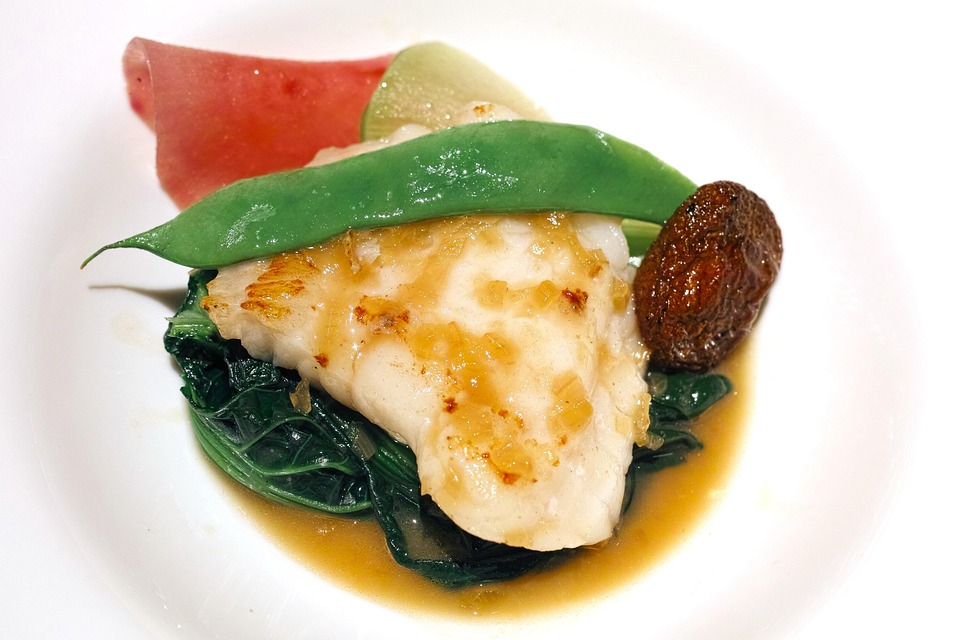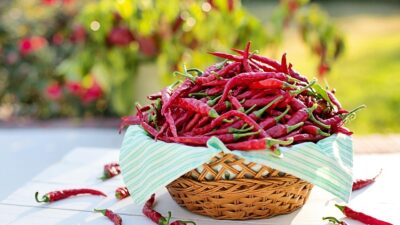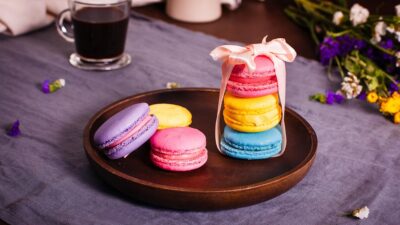French cuisine has long been regarded as one of the finest and most complex in the world. It combines rich flavors, elaborate techniques, and a deep appreciation for high-quality ingredients. For aspiring cooks and experienced chefs alike, mastering this culinary art can feel daunting. However, insights from top chefs can illuminate the path to success. Here are some invaluable tips for those looking to conquer the art of French cooking.
1. Understand the Foundations
French cooking is built on foundational techniques that form the backbone of many dishes. Learning methods such as sautéing, braising, and making stocks can enhance your cooking significantly. Renowned chef Jacques Pepin emphasizes, “Master the basic techniques; they are the framework upon which you can build.”
2. Start with Classic Recipes
Delve into the classics. Dishes like Coq au Vin, Bouillabaisse, and Ratatouille not only represent French cuisine but also teach the essential processes of balancing flavors and textures. Chef Julia Child famously said, “No one is born a great cook; one learns by doing.” Start with these basic recipes and gradually work your way up to more intricate dishes.
3. Prioritize Quality Ingredients
According to chef Thomas Keller, “A great dish begins with great ingredients.” When it comes to French cooking, sourcing fresh, high-quality ingredients is paramount. Whether you’re selecting vegetables, meats, or herbs, prioritize seasonal and local options. This not only enhances flavor but also supports sustainable farming practices.
4. Embrace Precision
French cuisine requires precision, from measurements to cooking times. Chef Alain Ducasse insists that “cooking is not just about throwing ingredients together; it’s about creating a symphony of flavors.” Use a scale for accurate measurements and invest in a good thermometer to ensure meats are cooked to perfection.
5. Enhance with Herbs and Seasonings
Herbs play a crucial role in French cooking. Fresh herbs such as thyme, tarragon, and parsley can elevate any dish. Chef Daniel Boulud recommends, “Garnishing a dish with fresh herbs not only adds flavor but also brings a pop of color and freshness.” Seasoning with salt at different stages of cooking helps build layers of flavor.
6. Practice Mise en Place
Translating to “everything in its place,” the practice of mise en place is fundamental in French kitchens. Preparing and organizing your ingredients before cooking not only streamlines the process but also reduces stress. Chef Eric Ripert notes, “Mise en place allows you to focus on the artistry of cooking rather than scrambling to find ingredients.”
7. Experiment and Adapt
Once you’ve honed your skills, don’t hesitate to experiment. As chef Michel Roux reminds us, “Cooking is about creativity and adapting traditional recipes to suit your tastes.” Feel free to substitute ingredients or add personal twists while staying respectful to the culinary traditions.
8. Be Patient
Mastering French cooking requires time and patience. Chef Anne-Sophie Pic emphasizes that “patience and practice are essential to learning the nuances of flavor and technique.” Take your time during each cooking process and allow for mistakes; they are part of the learning journey.
9. Study and Learn from the Masters
Books, cooking shows, and culinary schools offer immense resources for aspiring chefs. Engage with works from both contemporary chefs and classic French cookbooks. “Learning from the masters allows you to absorb their wisdom and understand the art of French cooking,” advises chef Michel Richard.
10. Join a Community
Finally, join cooking classes or local culinary groups. Sharing experiences and learning from others can bolster your skills and provide support. As chef Susie Heller states, “Cooking is as much about community as it is about technique. Sharing your dishes and techniques with others brings joy and fosters growth.”
Conclusion
Mastering the art of French cooking is not an overnight feat; it’s a journey filled with discovery and creativity. By understanding foundational skills, investing in quality ingredients, and practicing patience, anyone can elevate their culinary prowess. Remember the words of Julia Child: “The only real stumbling block is fear of failure. In cooking, you’ve got to have a ‘What the hell’ attitude.” So roll up your sleeves, embrace the challenge, and relish in the exquisite flavors of French cuisine. Bon appétit!



